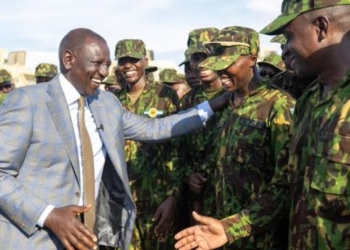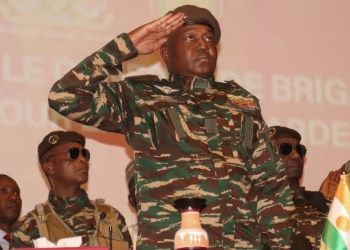When South Korea’s Constitutional Court permanently removed President Yoon Suk Yeol from office on Friday, it marked a stunning collapse for a man once lauded as a principled prosecutor and national reformer. The ruling found Yoon guilty of abusing his power when he briefly declared martial law last December—a decision that shocked the nation and the world.
Yoon’s six-hour power grab, ordering military control over the country, failed almost immediately. Resistance from the military, parliament, and the public forced him to withdraw. It was a dramatic fall for a leader who, until recently, had been admired for his no-nonsense stance on corruption and justice. But those who knew him say the signs were always there: a stubborn streak, a disdain for compromise, and a belief in his own righteousness.
From classmates and confidantes to campaign aides, many describe Yoon as driven, confrontational, and increasingly isolated. His school friend Chulwoo Lee remembered a boy obsessed with winning, whose sense of justice was matched only by his explosive temper. As a prosecutor, Yoon earned admiration for defying political pressure—most famously declaring “I do not owe my loyalty to anyone.” But in politics, that same moral rigidity became a liability.
The Prosecutor Who Couldn’t Adapt
Yoon entered politics with no party ties, but his aggressive investigations and non-partisan reputation made him a rare crossover candidate. He won the presidency by the slimmest margin in South Korea’s history—just 0.7%. But once in office, he brought a prosecutorial mindset to a job that demanded diplomacy.
He refused dialogue with the opposition, insisted on unilateral decisions, and dismissed criticism. As one aide put it, Yoon argued loudly and listened rarely. When his party suffered a major electoral defeat two years into his term, he doubled down rather than recalibrate.
Surrounded by loyalists and cut off from moderates, Yoon drifted deeper into right-wing echo chambers. Friends say he began subscribing to conspiracy theories about North Korean influence over his political opponents. In his mind, he was defending democracy. To others, he was dismantling it.
A Delusion of Heroism
On December 3rd, Yoon crossed the line. He declared martial law, aiming to “punish” the opposition and “save” the nation from what he believed were Marxist infiltrators. According to those close to him, Yoon didn’t weigh the consequences—he believed he was acting in the country’s best interest.
But in trying to preserve what he saw as democracy, Yoon ended up jeopardizing it. The backlash was immediate and fierce. Martial law, even if brief, was seen as a betrayal of South Korea’s democratic legacy.
His downfall has left a country reeling, not just from the shock of what happened, but from how close it came to unraveling. As his former ally Shin put it, “Martial law was something only Yoon could have done.” A man guided by conviction, but blind to the costs of his own certainty.
Now, South Korea turns the page—one shaken but, for now, still standing.
















